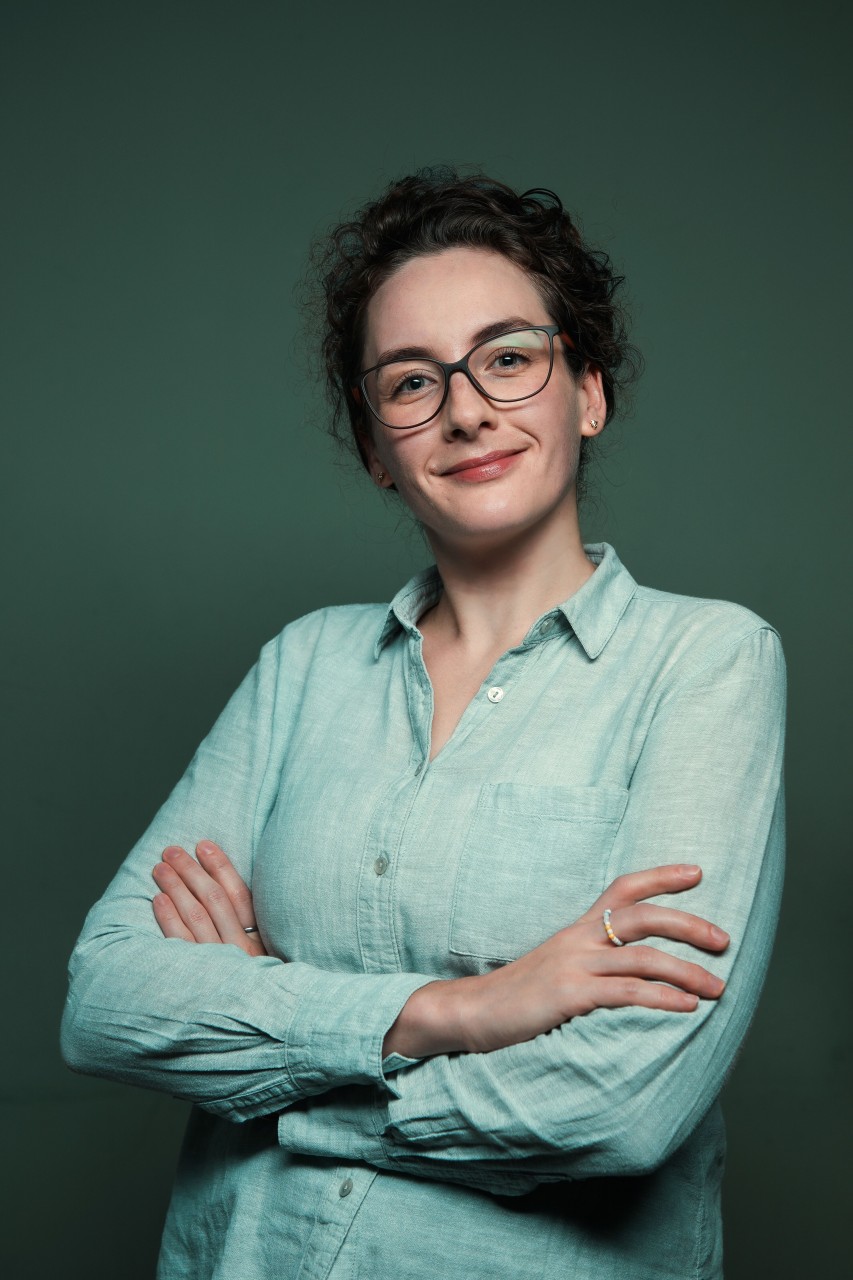From Ukraine to the University of Bonn with a Master’s in Medical Immunosciences
University: University of Bonn
Degree: Master’s in Medical Immunosciences and Infection
Previous Education: Medical degree specializing in infectious diseases from a medical university in Ukraine
Scholarship: Free Tuition
Standardized Exams: IELTS
Social Media:

The Journey
Hey! I’m Viktoriia Mospan, an international student from Ukraine who just obtained a Master’s degree in Medical Immunosciences and Infection from the University of Bonn, Germany. This program has been a great addition to my medical background. Now, I want to focus more on translational research, share up-to-date information with the public, and make science more understandable for everyone.
Educational Background
I graduated from a medical university in Ukraine with a medical degree specializing in infectious diseases. I applied to this program because I’ve always been interested in science and was curious about how research is conducted in medical-related fields.
Can't find my GPA, sorry! But according to the German system, you need at least a 2.3 or better out of 4.0 to apply for this program.
How Did You Prepare to Apply for the Institution?
I had been preparing for quite some time. After completing my medical studies, I paused my medical practice to focus on further education. It took me around two months to research and find programs I was interested in. I only targeted international programs taught in English. To confirm my English proficiency, I took the IELTS exam. And since speaking the local language is always a plus, I started learning the basics of German on Duolingo before moving to Germany.
What Drew You to Choose Germany to Pursue Your Degree?
Germany was never my first choice, but it turned out to offer the best variety of Master’s programs in English that matched my interests. Plus, Germany is known as a great country for international students—it’s very diverse and welcoming.
How Did You Overcome the Language Barrier, and What Role Do You Think Language Plays as an International Student in Germany?
The university provides German language courses free of charge. I took two during my studies and reached the A1.2 level. I also kept using Duolingo. After a while, it became much easier to handle everyday tasks—shopping, talking to people on the street, making appointments, etc.
Knowing the local language is extremely important. It helps you integrate and understand the culture and traditions of the country. Bonn is an international city with a big university, so many people speak English. But I would still highly recommend learning at least the basics of German—it really makes life easier and more interesting.
What Unique Academic Opportunities Have You Had in Germany That You Might Not Have Experienced Elsewhere?
Science is expensive—real science is extremely expensive. Luckily, Germany funds a lot of research. The University of Bonn (and specifically my program) has access to the latest lab equipment and resources that students from developing countries might only read about.
Our Cluster of Excellence organizes various symposiums, conferences, and events to engage students from all over Germany and encourage the exchange of ideas. There are also
scholarships, research projects with different institutes, and more. So as a student, you’re provided with many opportunities and tools—something that’s very different from the experience in Ukraine.
What Were Some of the Challenges You Faced as an International Student in Germany, Particularly Regarding Living Costs or Part-time Work Opportunities?
You’ve probably heard about the infamous German bureaucracy and delayed trains—I can confirm both are real! Be prepared for a lot of paperwork, mailed letters (yes, actual post), and dealing with various authorities in your first few months.
I was lucky to get a place in a dorm and absolutely loved it. Renting a room in a shared apartment is another option, but demand is so high that finding housing in Bonn can take up to three months.
According to German student visa rules, you can work up to 20 hours per week (though you should double-check in case it’s changed). Master’s programs are usually a bit easier than Bachelor's and allow for more free time—but that wasn’t the case for our program. Still, many students managed to get mini-jobs (around 8 hours per week).
Looking Back, Would You Recommend Studying in Germany for International Students Seeking Affordable Higher Education? Why or Why Not?
Absolutely, I would recommend Germany as a great option for international students. Tuition fees are usually affordable—around 400 euros per semester—and you get free public transport across the country.
Finding accommodation can be tough, but if you plan and prepare in advance, it’s manageable. There are many programs and scholarships available to support international students, so make sure you do your research and don’t miss out on those opportunities.
Knowing some basic German is definitely helpful, but you can still get by with just English, especially in large university cities like Bonn. The cultural exchange, diversity, and chance to make international friends are priceless.
Also, Germany is a beautiful country—make the most of your student ID and travel as much as you can while you’re here!
Good luck!
Want to submit your
scholarship journey?
Submit Your Story Here!
More Scholarship Recipients

My name is Zara Qaiser. I’m originally from Singapore and Pakistan (yes, both!), and I am now pursuing a PhD in Public Pol .... Read more
- American University
- Columbian College of Arts & Sciences Doctoral Fellowship
- Economics
- Fully Funded Scholarships
- Graduate Assistantships
- Graduate Merit Award (American University)
- Pakistani Nationality
- Ph.D. Scholarships
- Public Administration
- Public Policy
- Singaporean Nationality
- The George Washington University
- United States
- University of Massachusetts Boston

Hello! My name is Sakshi Barhai, and I am from Pithora, a small town in the state of Chhattisgarh, India. After clearing the .... Read more

My academic journey toward biomedical science has been shaped by both curiosity and reality. Growing up in Pakistan, I obser .... Read more

Leave A Comment